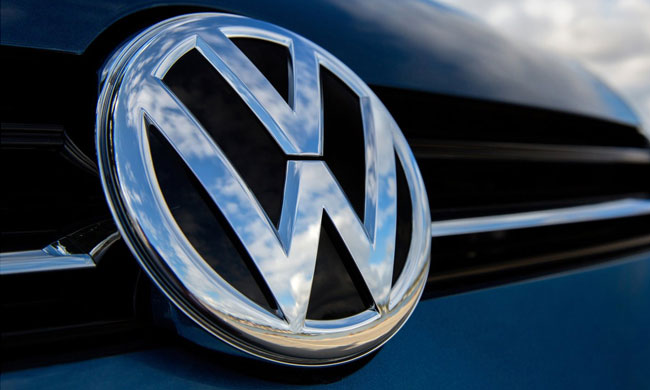Volkswagen Imports Upto 99.7 Per Cent Parts Of Cars, Can't Play Victim Card: Customs Dept Tells Bombay High Court
Narsi Benwal
20 Feb 2025 9:08 PM IST

Next Story
20 Feb 2025 9:08 PM IST
While justifying its demand of $1.4 billion customs from Skoda Auto Volkswagen India, the Customs Authority on Thursday told the Bombay High Court that the German automaker was importing upto 99.7 per cent of the parts of various models of cars to its manufacturing plant in Aurangabad and thus were effectively importing an entire car itself. A division bench of Justices Burgess Colabawalla...
